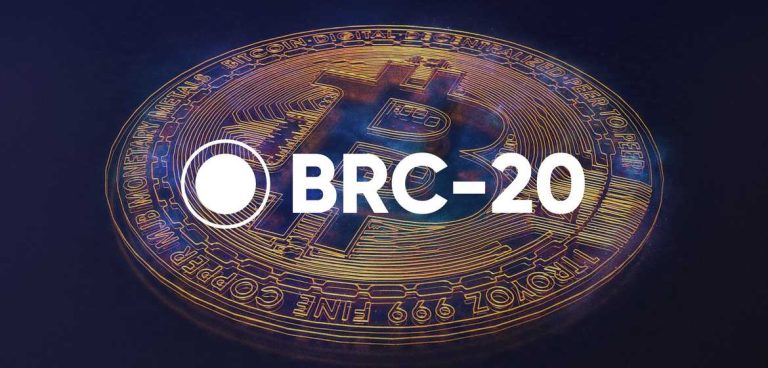
Amp Price Stats
Text content
Market Cap: $686,549,132
Circulating Supply: 76,073,273,201
Supply Cap: 99,225,164,238
All Time High: $0.120813 Jun 16, 2021.
All Time Low: $0.002505011846 Nov 04, 2020.
Brief Description of Amp
Amp is a decentralized protocol embracing the ethos of open-source innovation, revolutionizing collateralization as a service. Positioned as the latest beacon of digital collateral tokens, Amp emerges as an enabler of immediate, auditable assurances for diverse value transfers. Its profound impact is felt in networks like Flexa, where it swiftly and irrevocably safeguards transactions spanning a spectrum of asset-driven scenarios.
Debuting in 2020, Amp charts a course toward a transaction ecosystem that’s swift, secure, and efficient. In its ambition to navigate the challenges posed by slow confirmation times, price volatility, and universal adoption, Amp sets forth as a remedy. Central to its architecture are the ingenious concepts of collateral partitions and collateral managers, offering a streamlined but remarkably adaptable interface for verified collateralization.
The collateral partitions serve as versatile entities capable of collateralizing accounts, applications, or even transactions, with their balances directly confirmed on the Ethereum blockchain. Orchestrating this dynamic system are the collateral managers, intricate smart contracts that facilitate the locking, release, and rechanneling of collateral within these partitions, rendering unwavering support to value transfer endeavors.
Amp’s impact extends across an extensive array of scenarios requiring collateralization, amplified by the introduction of predefined partition strategies. This innovation ushers in novel potentials, including collateral models that allow tokens to be staked while remaining in their original addresses, a pioneering leap into efficient and secure asset management.

The Brains Behind Amp
Amp originates from its parent company, Flexa, a New York-based blockchain payments firm dedicated to enhancing real-world payments through efficient and secure FinTech solutions. Founded in 2018 by Trevor Filter, Zachary Kilgore, and Tyler Spalding, Flexa envisions a future with streamlined, affordable, and secure financial transactions.
At the helm of Flexa is Tyler Spalding, the CEO, who extended his vision to create the Amp project with the support of the Flexa team. Spalding’s academic journey boasts a bachelor’s degree in Mechanical Engineering and a master’s degree in Aerospace, Aeronautical, and Astronautical Engineering from the University of Illinois at Urbana-Champaign. His educational repertoire also includes Harvard Business School and an M.B.A. from MIT in 2011. Notably, he has been actively investing in and launching blockchain projects since 2011, which underscores his deep commitment to this innovative field.
Spalding’s entrepreneurial ventures go beyond Amp; he is also the co-founder and CEO of Tastebud Technologies and has previously held the role of CTO at Raise.

Advantages of Amp
-
Amp collateralization has been verified, audited, and is freely accessible for usage by anybody.
-
Once your assets are collateralized, you can enjoy instant transfers.
-
Amp provides security against fraud on many levels.
-
You can stake AMP on Flexa, earn interest with Gemini, and learn about Amp to earn the token at Coinbase.
-
When a wallet app grows more popular, amp holders will immediately benefit from staking.

Disadvantages of Amp
-
The Gas fees is High
-
The staking process also requires gas fee so you will need to have ETH in the wallet your amp is located.
-
Amp is only Good for people on the Flexa Network

Use Cases of Amp
Amp is a token designed to be used as collateral with smart contract features designed to decentralize risk. Amp holders can use the token as collateral regardless of blockchain consensus mechanism or form of asset.




